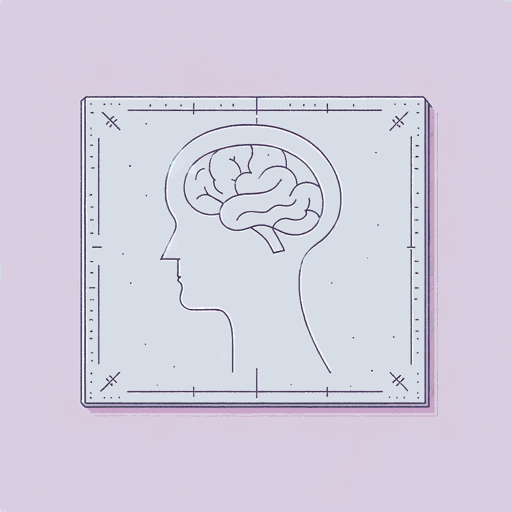54 pages • 1 hour read
John LockeAn Essay Concerning Human Understanding
Nonfiction | Book | Adult | Published in 1690A modern alternative to SparkNotes and CliffsNotes, SuperSummary offers high-quality Study Guides with detailed chapter summaries and analysis of major themes, characters, and more.
Index of Terms
Age of Enlightenment
In 17th and 18th century Europe, thinkers, philosophers, and scientists championed logic and reason in the pursuit of human happiness and commonwealth. The work of Locke and others who emphasized observation and the scientific method paved the way for numerous discoveries.
Classical Liberalism
Classical liberalism refers to a political branch that emphasizes the free market and civil liberties. Locke is considered a founder of classical liberalism, and his political writing influenced major movements such as the American Revolution.
Empiricism
Empiricism is a theory asserting that knowledge is acquired through sensory experience. This epistemological premise has foundations in ancient Hindu philosophy as well as Greek medical science. Locke proposed that the human mind is a blank slate that sensory experience fills, providing the bedrock for consciousness.
Related Titles
By John Locke



